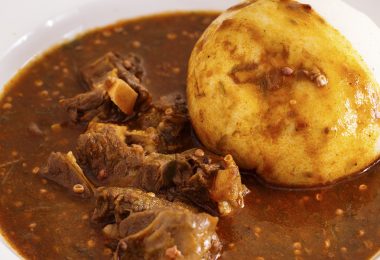Namibia and Mali are special in the wildlife world since they are the only two countries with...
Adventure
Culture
13 Most Beautiful African Celebrities Right Now
Beautiful African celebrities are the complete equation of glitz and glamour that the African...
Destination
4 Unforgettable Places to be! A Guide to Bird Watching in...
Bird watching in Zimbabwe is an experience like no other. It lets bird lovers explore a wide range...
Travel guides
9 Best Holiday Destinations Africa 2025
The search for the best holiday destinations Africa 2025 leads to a continent ready for a historic...
Travel And Tour Packages
Africa
Nature Surprise! How Desert Elephants in Namibia and...
4 Unforgettable Places to be! A Guide to Bird Watching...
Mike Tyson Kinshasa Visit Honors “Rumble in the...
11 Weird Things About Tanzania’s Hadzabe Tribe –...
11 Cameroon Holidays and Festivals | What They Mean
6 Reasons the World Can’t Stop Talking About What...
Uganda Martyrs Day: 138 Years On, Their Story Still...
Why the Yoruba Story in Netflix’s ‘Bigger Than Africa’...
Best Car to Drive Across Africa for Safari Lovers
5 Unmatched Sceneries You’ll Experience on a...
Latest Posts
Nature Surprise! How Desert Elephants in Namibia and Mali Find...
Namibia and Mali are special in the wildlife world since they are the only two countries with...
4 Unforgettable Places to be! A Guide to Bird Watching in...
Bird watching in Zimbabwe is an experience like no other. It lets bird lovers explore a wide range...
13 Most Beautiful African Celebrities Right Now
Beautiful African celebrities are the complete equation of glitz and glamour that the African...
Mike Tyson Kinshasa Visit Honors “Rumble in the...
The legendary Mike Tyson Kinshasa visit awed the Democratic Republic of Congo (DRC). The former...
10 Attractions in Cameroon to Visit Anytime
The Africa Cup of Nations (AFCON) is underway in Cameroon, and we are all excited about soccer. For...
Hidden Power of the Dashiki, Outfit Worn by Kings Now Ruling...
The history of the dashiki, popular in West Africa, is more than a celebrated fashion brand. It has...






























